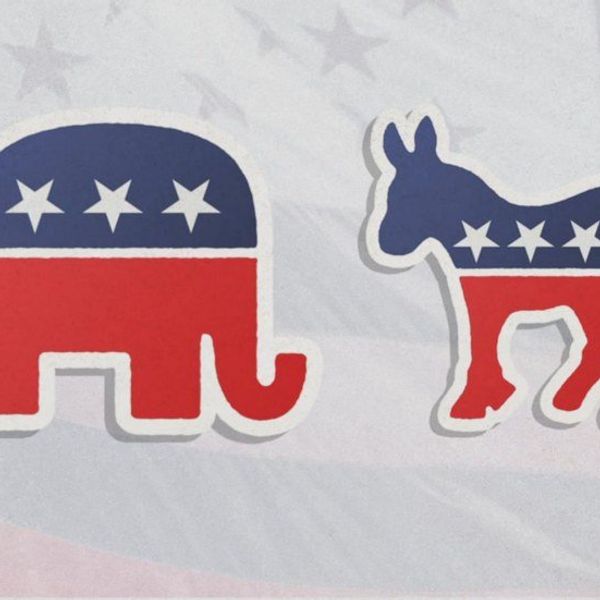Dear Governor,
I am a 21-year-old student at the University of Alabama in Huntsville and a lifelong resident of the State of Alabama. I am writing this letter to propose a better, fairer voting system for the choosing of electors for the Electoral College, and to ask you to encourage your state’s legislature to enact the system. I am talking, of course, about Proportional Representation: a process by which electoral votes are awarded in proportion to the popular vote.
As we both know, each state is allowed to decide for itself how electors are chosen. For a long time, all the states have used a general election to choose its electors. In every state except Maine and Nebraska, the candidate who gets the most popular votes receives all of the state’s electoral votes regardless of margin. In the aforementioned states, electors are decided by congressional district.
This “winner-take-all” system has the advantages of simplicity and the encouraging of a broad national consensus. However, it has several flaws. The first and most significant is that only the votes of the candidate with the plurality “matter” and are used in selecting electors. All other votes do not elect anyone. This means that minority party voters do not have their voices heard effectively. Women and minorities might not have any representation despite their votes. It also has the effect of discouraging voter turnout because people believe that their votes will not make a difference. I have seen this firsthand.
The second flaw of a “winner-take-all” method is its effect on smaller political parties. As per Duverger’s Law, plurality systems heavily favor two political parties, while proportional representation favors multiple parties. Because of winner-take-all, smaller political parties whose candidates have a mix of the major parties’ views have virtually no chance of winning elections. Independent candidates are similarly hindered. This causes voters to vote in favor of a candidate they might not like in order to try to prevent an even more unfavorable candidate from being elected.
A third flaw of the current system (and related to the second) is that it has caused severe polarization between the two major political parties. The Republican and Democratic parties have drastically shifted toward far ends of the political spectrum, and this has prevented bipartisan consensus when and where it is most needed. It is becoming very difficult to stay moderate on partisan issues, and those whose viewpoints are a mixture of left- and right-wing views are unable to appeal to either side.
Proportional representation can solve all three of the above problems. Any political party that can get a large enough portion of the popular vote (one ninth in my home state of Alabama). This will allow more diverse ideas to gain acceptance rather than the left vs. right deal we have right now. And the best part? We do not even have to amend the constitution to do it. Proportional representation can be enacted at the state level.
You may be asking, “Why should we give up some of our state’s electoral votes to the other side?” To answer your question, if Republican-controlled states such as Alabama use proportional representation to give Democrats a voice, Democrat-controlled states such as New York might be willing to do the same for Republicans. Right now, Republicans in California and Democrats in Texas effectively have no voice. With proportional representation, that can change.
Therefore, I ask you to encourage your state’s legislature to consider allocating your state’s electoral votes proportionally in the next election. I am sending similar letters to the other 49 state governors asking them to consider proportional representation as well. By doing so, we can make our presidential election system more fair, balanced, and representative of the American people.





















